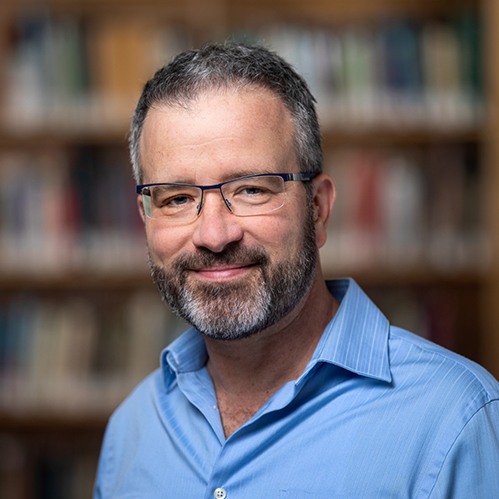Retreating sea ice enables intense polar storms to wash away away coastal communities, while simultaneously increasing the rate of global warming (as less of the sun’s energy is reflected back to space). Melting ice sheets in Greenland affect Indigenous communities, while simultaneously contributing to rising sea level globally. Migrating biological resources threaten native peoples and ecosystems, while increasing demand for resource utilization in other regions of the world.
These and myriad other changes are a core focus of study at IBES, where a unique, large and complementary set of researchers who are working together to navigate this new frontier and provide solutions for the region and our planet.
Together, IBES faculty are a core part of the broader University consortium to study environmental change in the Arctic.



